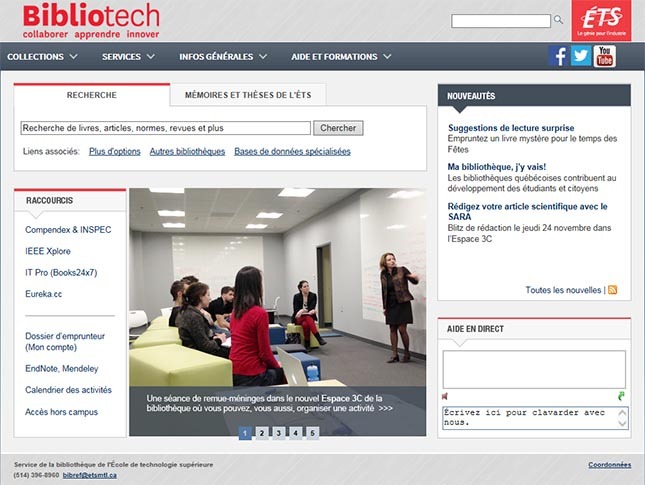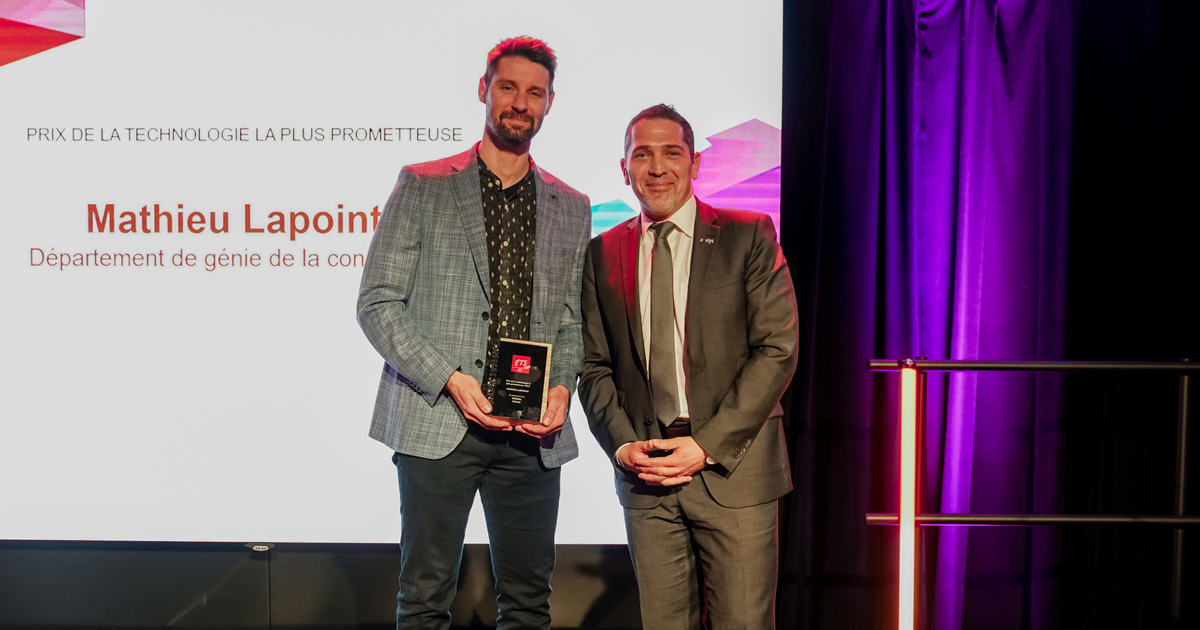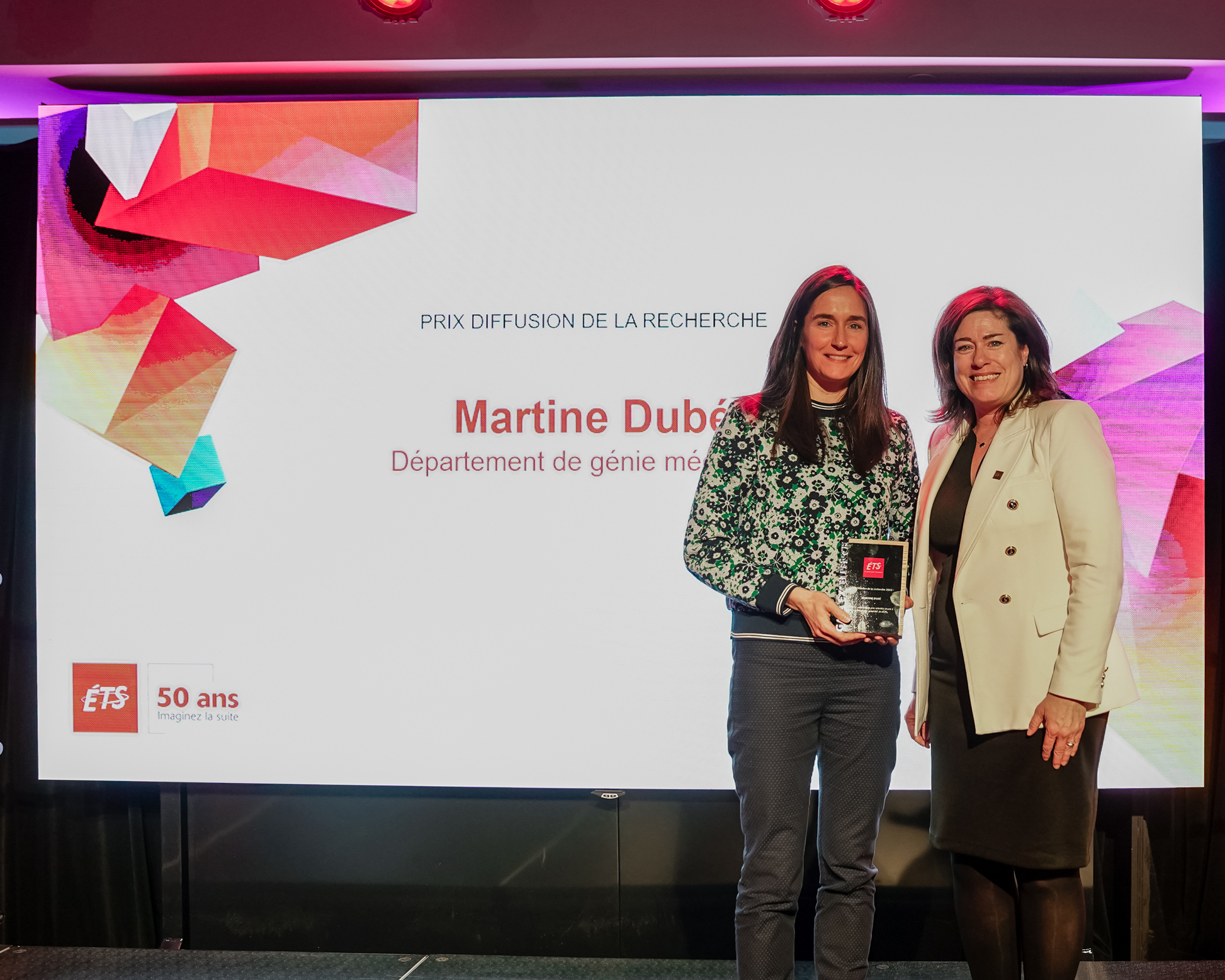Information Search: A Strategic Exploration

Editor’s note
This article is part of a series on information search. It follows the previous article below:
The following articles will focus on:
- Experts are Made, not Born.
- The Process of Creating Information.
- The True Cost of Information
- Investigating a Research Topic or how to Ask the Right Questions.
- Knowledge Production, a Conversation Between Researchers
What is Information Search?
Whether it is to get an overview on a particular subject, to develop new knowledge or to solve a problem, research is an integral part of the academic journey. It is therefore important to develop research strategies and to use the appropriate tools in order to save time and increase the quality of the information acquired.
I Know that I Do not Know: How to Begin an Information Search
Although we each have a wealth of knowledge, this knowledge has limitations. Consulting different resources on a topic or question can help bridge the gap between what we know and what we do not know, called the “information gap”. As future engineers, we must be able to study a variety of problems in order to provide solutions, based on the information found.
Bridging this gap means identifying the knowledge that is lacking and finding information to offset it. For example, in designing a lighter car, we must access the properties of the alloys that will allow us to manufacture lightweight parts, the manufacturing standards to be met, and reports on similar projects.

Bridging the Gap
Starting a search is often difficult because we do not know where to start. First, the research question must be broken down to highlight the important concepts. Then we must identify what we already know about these concepts and start there. If we are relatively unfamiliar with the subject, we must start by consulting introductory literature such as encyclopedia articles (Wiley Encyclopedias), general books or dictionaries (Grand dictionnaire terminologique, Termium Plus). This initial exploration will help find relevant search keywords, their synonyms and their translation. The choice of keywords is a critical step in the search process as these will greatly affect the relevance of the search results later on.
Plan Your Search, Maximize Your Time
Imagine designing an ergonomic computer mouse using a new plastic. Information will be needed on the properties of materials and on recent research on molding methods. Rather than compounding Google search trial and error, documents that specifically contain this information can be targeted in specialized tools. So, to find out the properties of materials, refer to a handbook, and for molding techniques, read scientific research articles on molding techniques. Indeed, some documents present specific types of information. By targeting the right types of documents, the relevant information is quickly obtained. These different types of documents can be found in various multidisciplinary search tools, but also tools specific to one field.
Why focus on specialized search tools, when everything can be found on Google? Because these tools bring different types of documents on one or more fields of knowledge together in one location, allowing a manageable number of relevant results to be obtained in a single location.
Among the specialized engineering tools, there is the ÉTS library catalogue website, which is the access point for its printed and digital collection in engineering (books, standards, handbooks, etc.) and for many of the articles contained in the databases to which the library subscribes. The various functional capabilities of the catalogue ensure that, based on specific keywords, content focused on engineering and selected by specialized librarians, can be retrieved. Specialized engineering databases, to which the library subscribes, identify scientific journal articles that report on the scientific advances of experts, research groups or organizations.

Powerful Tools, Even With Only a Few Features
Most search tools (catalogues, databases and search engines) allow the use of search operators such as AND, OR, NOT. These help create search queries with precise concepts and retrieve only relevant documents on the topic. Specialized tools also make it possible to launch a search in more specific fields (title, author, subjects) and to define search filters (e.g. language, year of publication) that ensure the relevance of the documents and the retrieval of a manageable quantity of results. These features make the difference between a search of 1,000 documents of varying relevance and one of 50 relevant documents that make up the information bridge.
* Discover how to establish a research strategy via the UQAM Infosphère online tutorials
Strategic and Iterative Exploration
There is no magic recipe for an information search, but there are good practices. It is necessary to proceed step by step, thereby gradually and progressively deepening your knowledge. The search begins by looking for more general documents (e.g. encyclopedias) that will help find and understand documents containing more precise information (e.g. scientific journal articles, reports, etc.).
It is important to understand that the search is iterative and frequently requires a change in approach along the way, either because the literature found does not meet our needs or that new questions arise in the course of the search. This means that you must be prepared to adjust your search by selecting more specific keywords or operators, or even consider exploring various databases. This way, construction of the bridge that will fill the information gap is happening throughout the search process and consists of literature providing knowledge that helps in understanding a subject or solving a problem.
ÉTS librarians can help you discover the tools and introduce you to the art of strategic research exploration. Do not hesitate to ask them for help by instant messaging, phone, email or by appointment, or attend their training sessions aimed at developing research skills and the discovery of specialized tools.



